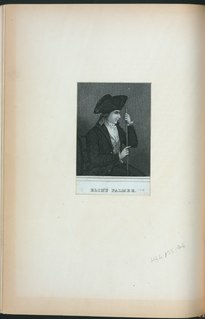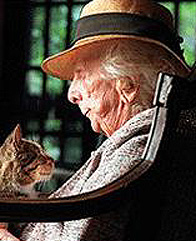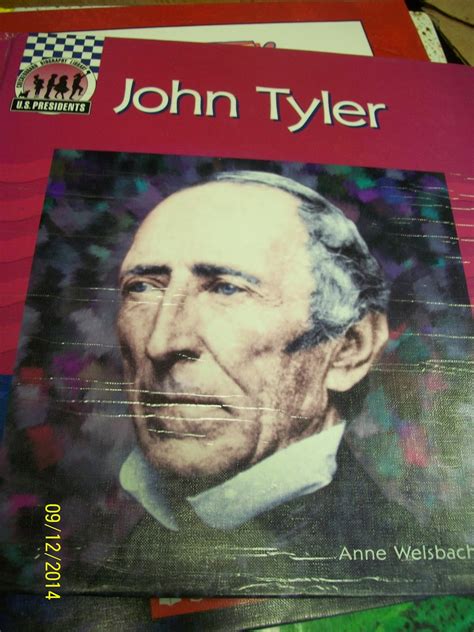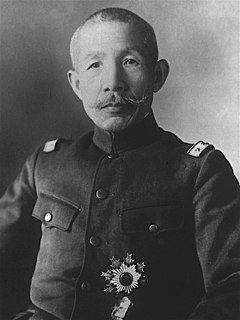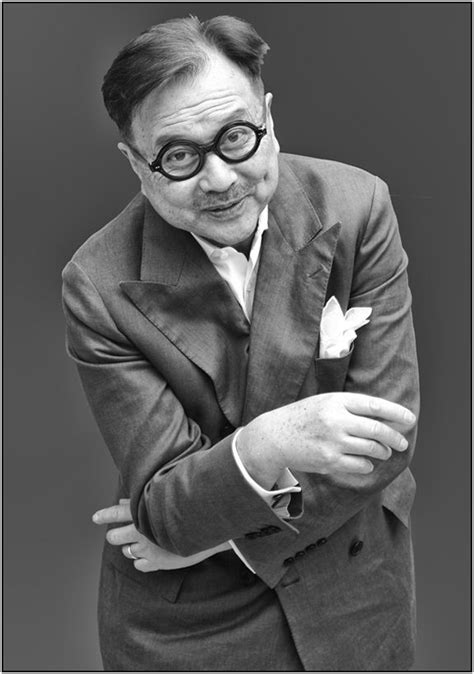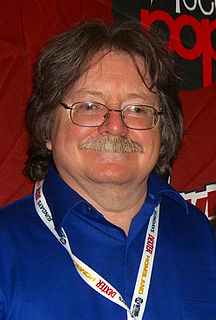A Quote by Gertrude Stein
From the very nature of progress, all ages must be transitional.
Related Quotes
At the very simplest, I think as Van Gogh said and St Francis would have said, we must find nature. Just to be in the presence of nature your feelings and 'little seedlings' start to awake. So if we disassociate ourselves from God we cut nature out, too. More and more we turn nature into a commodity, into eco-tourism. But we must integrate it into the way people live every day.
The true essence of Chinese culture is sophistication, refinement, the spirit of poetry. The spirit of ink painting and calligraphy lives on forever. Calligraphy is more important than painting. Chinese always consider nature. Man is a very small part of nature. That's why in Chinese painting you see huge mountains and man very small, very humble before nature. You must be harmonious and one with nature. You don't fight it. And then there's a bit of a poetry. Of course, it's very complicated, but also very simple.
Anytime that is ‘betwixt and between’ or transitional is the faeries’ favorite time. They inhabit transitional spaces: the bottom of the garden, existing in a space between manmade cultivation and wilderness. Look for them in the space between nurture and nature, they are to be found at all boarders and boundaries, or on the edges of water where it is neither land nor lake, neither path nor pond. They come when we are half-asleep. They come at moments when we least expect them; when our rational mind balances with the fluid irrational.
We are heirs of the ages because throughout the ages mankind has devised and fashioned new things, and step by step added new conquests to our domain in that incessant contest with nature which means life. But we are decadent heirs if we cannot use the instruments that the ages have put into our hands. The acquisition of these, in the largest scope, is education.
To captivate our varied and worldwide audience of all ages, the nature and treatment of the fairy tale, the legend, the myth have to be elementary, simple. Good and evil, the antagonists of all great drama in some guise, must be believably personalized. The moral ideals common to all humanity must be upheld. The victories must not be too easy. Strife to test valor is still and will always be the basic ingredient of the animated tale, as of all screen entertainments.


